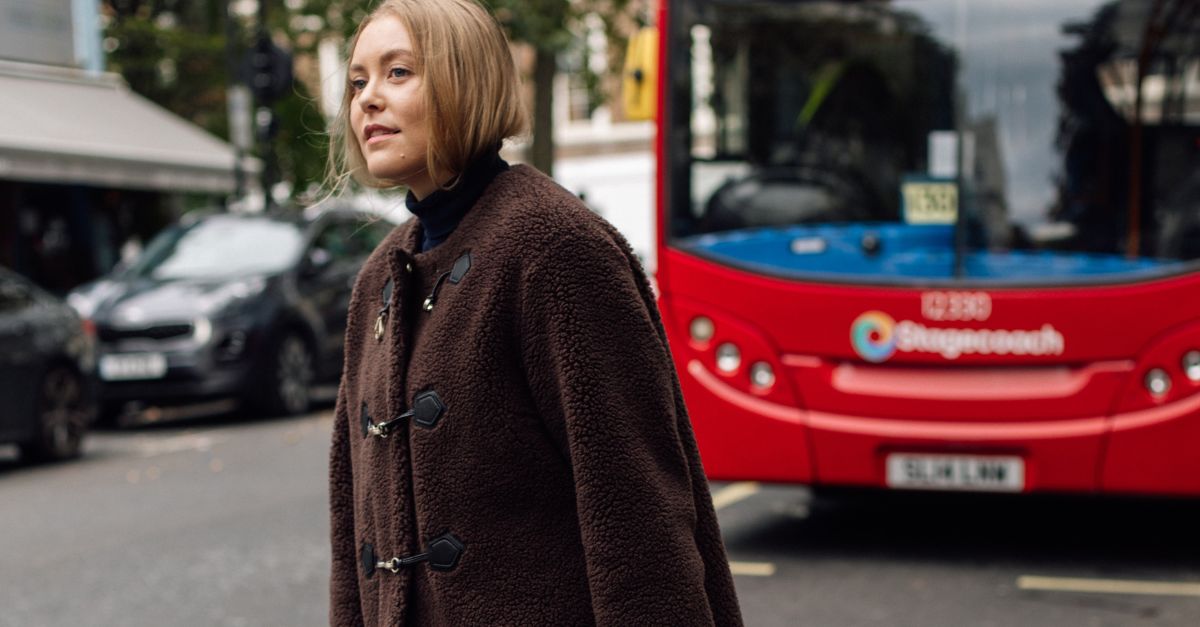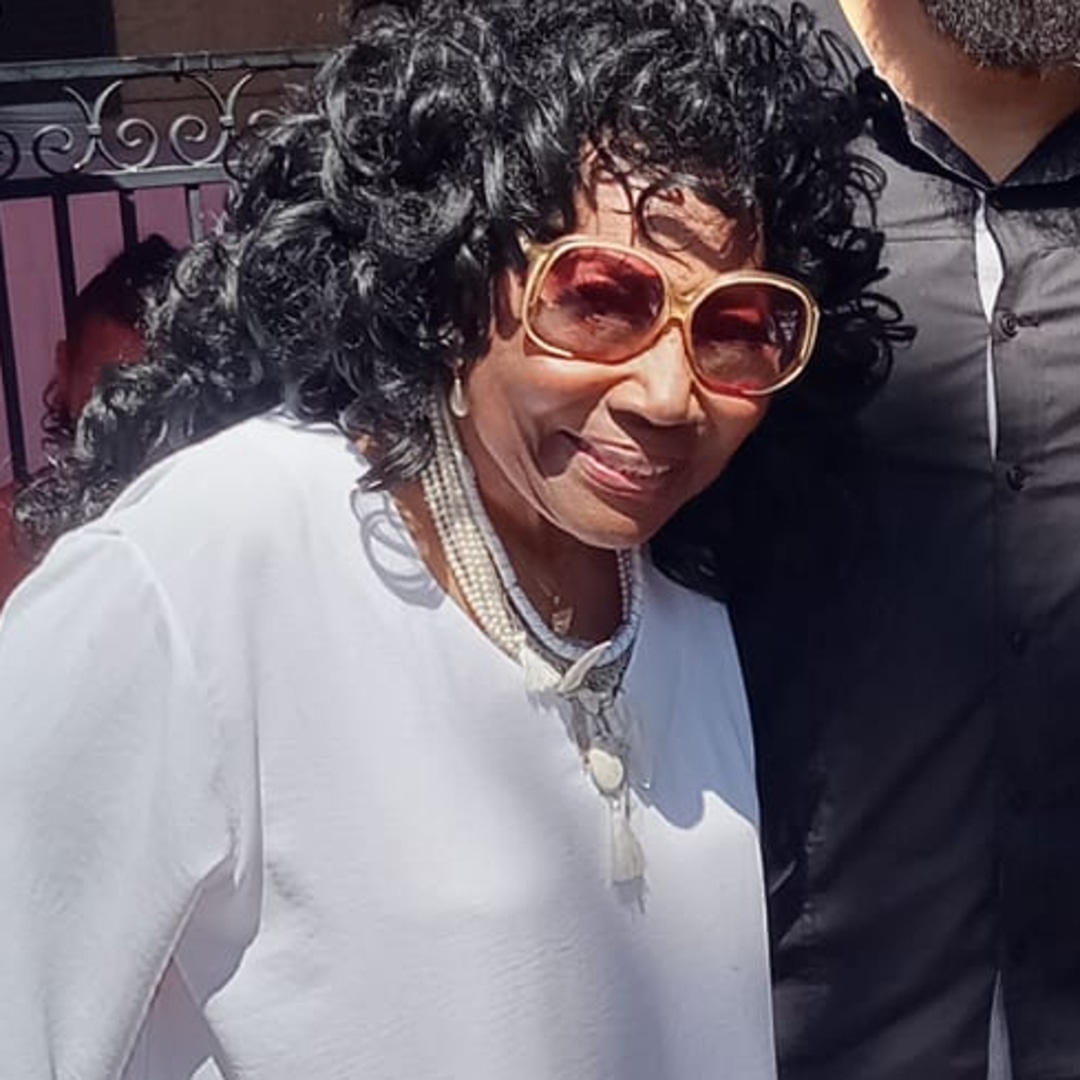Festo US and FIRST Long Island are teaming up with Albertson-based Henry Viscardi School, which is launching its first robotics team.
This initiative marks the first time working with students with disabilities for Festo, an industrial automation and robotics company with offices in Islandia, and FIRST (For Inspiration and Recognition of Science & Technology), with offices in Hauppauge. The two organizations have long partnered in helping inspire an appreciation of science and technology and in cultivating the future workforce.
Joining the efforts were students from Mineola High School and a home-school organization in Huntington.
At the school’s robotics team first demo day earlier in November, students, educators and business leaders alike were buzzing with excitement.
“We believe that automation starts at a young age – the love of STEM and technology starts at a young age,” said Colin Gerson, vice president of IT for the Americas at Festo. “These are the people that are going to be building machines and doing automation in the future. It’s great for us to get involved early so we can help foster that thirst for technology.”
Gerson said he was eager to “bring the parties together to see if we can find a program and curriculum for a school like Viscardi where we can find a place for students with disabilities to have a future in automation.”
He pointed out that “automation isn’t only about the machinery, it’s also about the programing that goes into the machinery and the more we go into the future, the more of these things are going to be programmed, even AI is going to be driving these machines.
Standing at Viscardi, Gerson said “there’s no reason why these kids can’t be involved in the programming aspect and have jobs and possibilities in the future to develop and code for these machines.”
When it comes to automation, Gerson said, there will be “well-paying jobs in the future. There is going to be a need for technologists and people that can program. Thers’s a shortage today, and there will continue to be a shortage tomorrow.”
In launching a robotics team, Gerson said, he was looking at “what students need to be productive and have opportunities after graduating from Viscardi. I believe in technology and the ability of these kids to program and do it from anywhere and contribute to automation in the future.”
From a career standpoint, he said, “you have to build a curriculum to achieve that. You have to start somewhere.”
Viscardi educators had participated in two days of professional development to help launch the program, said Troy Douglas, a program delivery partner for FIRST Long Island.
Among FIRST’s core goals is “inclusion,” and organizers are working together to “make an inclusive environment for students and being able to adapt” the program as needed, Douglas said.
“It’s the start of a journey,” he said.
“I would love to see more days like this,” Douglas said. “It was great seeing the students from the teams and the students from the school engaging with each other and asking questions. Students learning from students is one the most powerful tools you have.”
The demo day at Viscardi showed that “both sets of students are learning something,” he said. “The robots are cool and shiny and move around, but it’s never really about the robots. It’s about preparing students for the future.”
The curriculum is filled with lessons about coding, team work, leadership, finance, business planning, and fundraising, he said. These are aspects that students “will be able to use that in a future career.”
“From K-14, all of the kids are very engaged,” said Dina Bellezze, the school’s instructional technology specialist, about the demo day.
“We partnered with Festo and FIRST Robotics to essentially enhance our STEAM program,” said Mike Caprara, chief information officer at Viscardi.
“By doing that we’re going to be opening doors for our students with disabilities for future employment,” he added. “We’re educating future web developers, future programmers, future engineers by having this as part of our curriculum.”


























































![Mason Ramsey – Twang [Official Music Video] Mason Ramsey – Twang [Official Music Video]](https://i.ytimg.com/vi/xwe8F_AhLY0/maxresdefault.jpg)




















